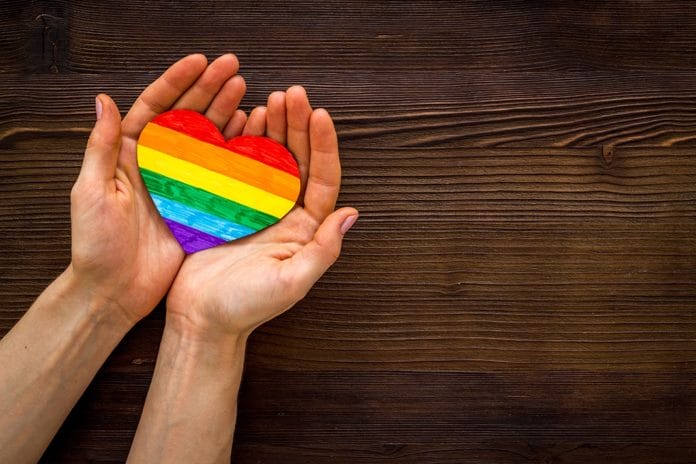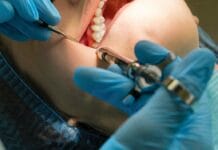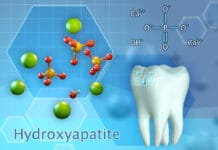As healthcare providers, we take on many roles defined by our social responsibilities to our patients and our communities. The ethical treatment of our dental patients is usually included in the classes we take in order to get our degree. We know that we are to treat everyone with the same respect and at least tolerate each other’s differences if acceptance is difficult for you due to your personal beliefs.
But, there are still times when we judge each other harshly, for example, when someone has difficulty accomplishing something that we, ourselves, find easy. Dental practitioners usually have good oral health because of our knowledge and interest in the subject. Some may have strong opinions when our patients come in displaying what seems to be lackluster care of their own dental hygiene.
Several researchers in Canada propose that we can, perhaps, misjudge those who use opiates or belong to a group on the sexual spectrum that is different from our own. Is special sensitivity training warranted in our quickly changing world? They wonder, in their study entitled Community as the teacher on issues of social responsibility, substance use, and queer health in dental education, whether an open and honest dialogue between you, the dental healthcare worker, and the patient change the way that we approach their respective communities in general and tailor the information and care that we give them.
What Is Social Responsibility?
Social responsibility refers to the ethics and moral values that we inherently have in relation to what we view as fair or right in our communities. The fact is that we all have a responsibility to care for each person and their personal needs in a way that benefits our entire society and not just ourselves.
In order to do what is best for the members of our community, we have to treat everyone as equal to ourselves along with the understanding that their lives are different from our own. They will, therefore, have different needs.
Positive, supportive, non-judgmental, and trusting relationships between you and each patient is the ideal, no matter where they come from. They all deserve help.
LGBTQ+ Health and Substance Use
When you do not belong to the vast LGBTQ+ community or suffer from a disease that requires the intake of controlled substances, bringing up the subject and its related dental health issues knowledgeable can be difficult but necessary for the benefit of our entire society.
Dental researchers and professionals in Canada implemented a form of collaborative and interdisciplinary sensitivity training to gauge the level of social consciousness in the first and third level undergraduate dental hygiene students in an effort to gather valid information that will guide them in creating a pedagogically sound system of information that grows with our society and can be taught in every dental classroom.
Reflection in Education
Researchers sent volunteering students through several classes taught by members of the community who belong to each of the subgroups studied and that emphasized fair inclusivity. They calculated data from reflective essays they received after the students went through each training and discovered that most students referred to three specific issues in their reflection essays.
Their Perceived Privilege
Many students were thankful for the education and many realized how privileged they were in relation to many of their patients, which they never fully comprehended before. Most respondents were most thankful that they heard personal stories from actual people on the spectrum or who use, or abuse, opiates, and other drugs, instead of their usual educators who can only speculate on such essential information.
Many of those who reflected on their experience reported that they left with a stronger understanding of their place and their responsibilities as an essential healthcare worker in our society. The word privilege can have negative undertones. The trick is to use your privilege to educate the patient while fostering trust and understanding, without judgment.
Breaking Down Stereotypes
Many of us who aren’t close to someone in the LGBTQ+ community or who don’t have experience with drug use and abuse may intentionally and unintentionally believe in certain stereotypes that are untrue or misleading.
For example, there are prevailing beliefs that most gay males suffer from HIV or AIDS, whether they know it or not, putting a little fear in some dental practitioners when it comes to their own health. Also, some people may not see a difference between a person who must use an opiate long-term due to health issues or just to make it through the day and a person who generally abuses the medication as a recreation.
This class dispelled many damaging stereotypes for those who were unaware.
Coalescing Learning
Coalescing learning, for our purposes, refers to combining everything that you have learned together in one larger lesson that becomes a part of your general outlook and practice. The students repeatedly mentioned that the mention of the same material in regular classes doesn’t stick with them as much as learning the information from someone in the affected community does.
Firsthand experiences and emotional stories affected them in a much more personal and real way that means much more to them than a sentence in a book. Many students even suggested further group discussion projects and discussion on information privacy, a way that they can have open and nonjudgmental discussions about the patient’s personal lives to best serve them and address their problems.
Our researchers fully endorse this community-driven program in all undergraduate and even graduate dental courses. The classes positively affected most participants and can be taken even further to help our understanding of the community we serve.












